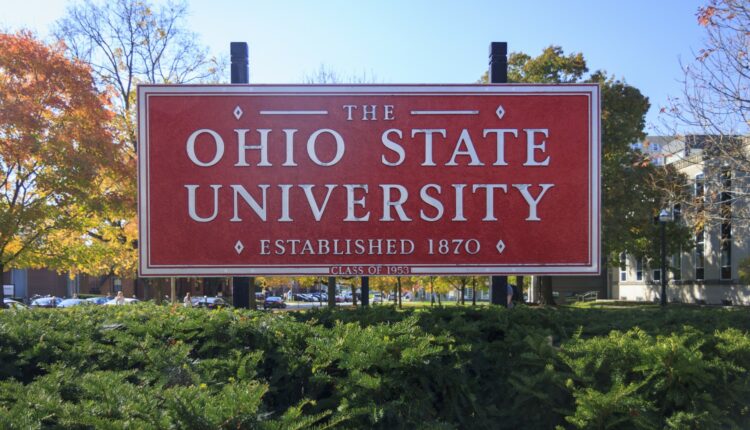Ohio State University: Ohio State students win gold medal at iGEM competition
For the second year in a row, a team of Ohio State University students received a gold medal at the annual iGEM Giant Jamboree. Three students majoring in food, agricultural and biological engineering (FABE), Lindsey Shimoda, Satvik Kethireddy and Yingyi Zhu, represented FABE on Lipid-A-Phighter, their submission for the 2021 competition.
The International Genetically Engineered Machine (iGEM) is a nonprofit organization dedicated to the advancement of synthetic biology, education and competition, and the development of community and collaboration. The iGEM Giant Jamboree is an annual event that showcases over 370 multidisciplined teams solving local problems all over the world.
Shimoda, Kethireddy, Zhu and seven other Ohio State students were awarded for their work on creating an engineered phage therapy to combat sepsis – more specifically, the buildup of lipid A.
Sepsis is caused by the overreaction of the immune system to an infection, sometimes resulting in reduced blood supply, lack of oxygen and organ failure. In their research, FABE team members found that sepsis is commonly treated using antibiotics, which can kill bacteria but ignore the lipid A molecule entirely, leading to continued immune system overreaction, Shimoda said.
“We learned that there are maybe 10 different ways to combat sepsis by targeting commonplace antibiotics, but those aren’t effective,” she said.
The FABE team developed a phage, which targets certain types of bacteria. The team’s phage transcribes proteins that bind or modify the lipid A molecule so that it is not detected by the immune system.
“For our bacteria that we wanted to mass-produce the proteins in, we put in a gene that would suppress the expression of those proteins so that we could genetically modify the virus,” Shimoda said.
The exhaustive testing process led the team to come up with the name for its invention, the Lipid-A-Phighter.
“We did a play on words with the bacteria phage, how it’s a ‘p-h,’” Shimoda said.
Participating in the iGEM Giant Jamboree reinforced the importance of a team approach to problem-solving, Shimoda said, since scientific breakthroughs often involve a continual process of trial and error.
“Just reading through the literature, it seems simple that, ‘Oh, we just insert these proteins into the bacteria and it will work,’ but actually doing the experiment in the lab, we find that it’s not always that easy,” she said. “So we have to approach things differently and change up our scope.”
Observing the innovative projects that competitors from around the country brought to the competition makes receiving a gold medal all the more rewarding, Shimoda said.
“I’m proud of our gold rating. We worked really hard all spring and summer,” she said. “It was my second year on the team, which I think allowed us to spend less time brainstorming and more time pursuing our interests and factors that would strengthen our project idea.”

